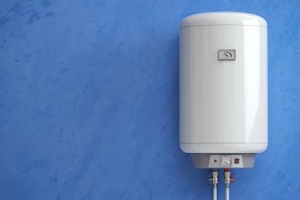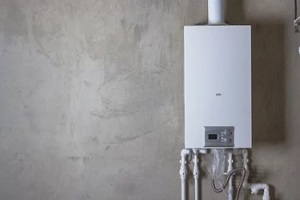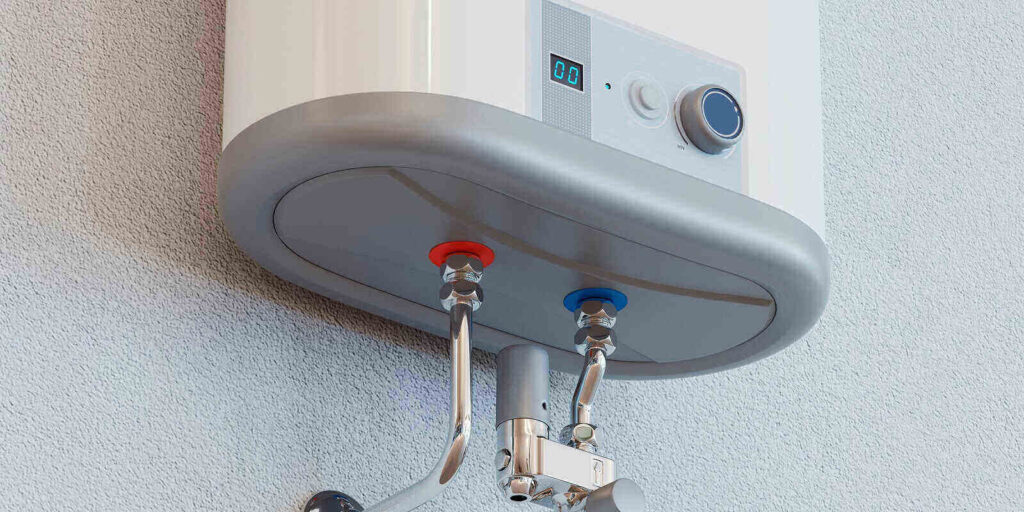
Your home’s water heater works for hours every day to ensure that you have constant access to hot water. However, most people forget that this important device requires maintenance from time to time, and one way to regularly maintain your water heater is to drain it.
Draining your heater offers a number of benefits, but not every heater is right for this process. To understand whether you should drain your home’s water heater and how to do so safely, you should learn more about how the process works and what it can do for you.
Why Drain Your Home’s Water Heater?
The water heater in your home stores water throughout the day, which it keeps warm until you need it. Even if you have soft water, the constant storing and refilling of water that occurs within the tank will bring with it some minerals and sediment.
Over time, these small particles settle onto the bottom of the tank and begin to build up. As the years pass, this sediment layer becomes thicker and can interfere with the water heater’s function by impeding the effectiveness of the heating element, since it must pass its heat through a thick layer of deposits.
This may result in higher utility bills, earlier degradation of your water heater, cooler water and even less hot water available in general as the sediment takes up space in the tank. You might begin to hear popping or gurgling noises as air gets trapped in the sediment layer.
However, if you drain your home’s water heater, you are helping this buildup of sediment to escape before it can become a problem.
When You Should Not Drain Your Water Heater
Draining your water heater is a good practice to maintain the health of the unit, but it is not always the right choice. Most importantly, if you do not feel comfortable attempting the process, do not drain your heater; a significant amount of water is at play, which could damage your home if you are not confident in doing the task yourself.
The other important thing to note is that if you have used your water heater for years and have never drained it, now may not be the right time. If sediment has already begun to build up, it could have damaged the underlying metal at the bottom of the tank and be acting as a plug by now sitting on top of those vulnerabilities. Removing the sediment could cause a leak.

How To Drain Your Home’s Water Heater
If you have determined that draining your water heater is the right choice, the first step is to turn the unit off completely. This means cutting the electricity or gas that powers it, as well as shutting the cold water supply valve (most commonly located above the unit, on a pipe).
Attach a hose to the drainage valve at the bottom of the heater; do not forget to be mindful of where the other end of the hose is before you open the valve! Placing it outside or in a bathtub is best. Then, open the drain valve so that water begins to drain into the hose.
Be careful; if you have not given the unit time to cool, the water may be very hot and a poor hose connection could result in some water escaping. At the same time, locate and open the pressure relief valve, which is located at the top of the unit, to regulate the air pressure inside.
Depending on how much you have opened the drainage valve, how large your tank is and other factors, your tank could drain in less than an hour, or it may take multiple hours. Once it has drained, you may open the cold water valve above the unit to allow more water in to flush any remaining sediment out.
Now that the drainage process is complete, close the drain valve and pressure relief valve, then restart your heat source (either gas or electric) to the unit.
Seek Help From The Plumbing Experts For Water Heater Questions
If you would like to have your water heater drained but do not feel confident in conducting the process yourself, or if you are unsure whether your water heater should be drained at all, the professionals at Baumbach Plumbing & Remodeling, LLC are here to answer your questions and provide help.
We would be glad to tackle this project for you or offer guidance. Reach out to schedule an appointment or to ask any questions you may have so that you can keep your hot water heater functioning efficiently for years to come.






